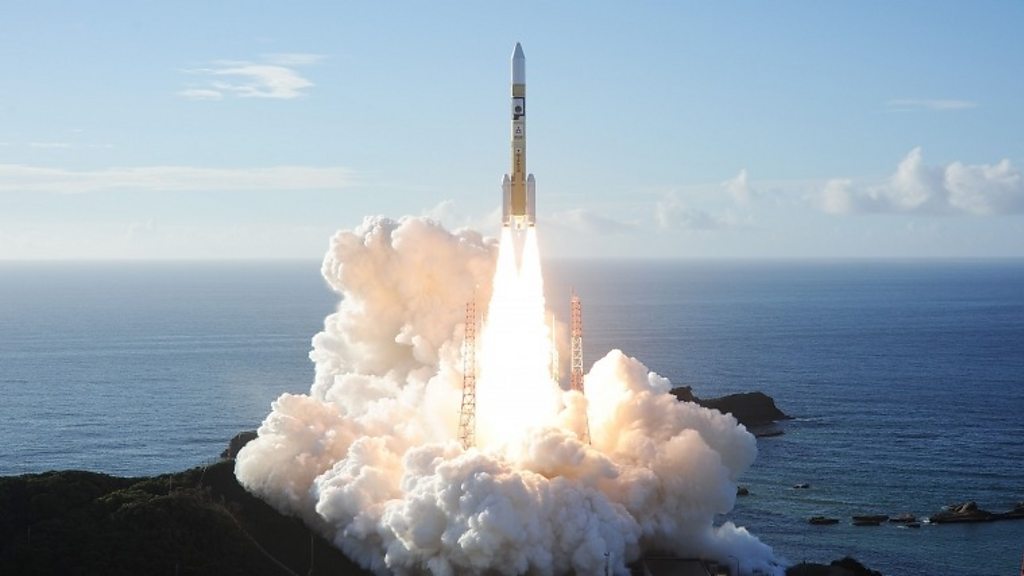
Launched 19 July 2020 atop a Japanese H-2A rocket, the Hope probe braked into a highly elliptical orbit around Mars on 9 February 2021. The first such close encounter came in late January.

The Hope orbiter will arrive in February 2021 to begin a two-year survey of the weather on the red planet. For Emirati scientists the mission represents a new chapter in the history of scientific discovery.

Etihad Airways has become the world's first airline to fly a commercial flight using locally produced sustainable fuel derived from plants grown in saltwater.

The Gulf Cooperation Council just launched its first vertical farm in the glitzy emirate, and it uses 90 percent less water than traditional farming – a real boon for the water-scarce region.

The United Arab Emirates has unveiled a new project that aims to establish the first inhabitable human settlement on Mars by 2117.

Dubai-based construction firm Cazza this week announced plans to build the world’s first-ever 3D-printed skyscraper. Cazza has dubbed its new technique for high-rise building - ‘crane painting’.

Etihad Airways has continued to make improvements in the fuel efficiency of its fleet, resulting in substantial reductions in carbon dioxide emissions and reinforcing the sustainability credentials of the airline.
Dubai plans on bringing the EHang 184, an autonomous quadcopter, to the city's skies by July.

UAE Minister of Tolerance H.E. Sheikha Lubna Al Qasimi says everyone including diplomats, clergymen and ministers have been consulted with to set up a program to promote tolerance.

A US startup pursuing Elon Musk's futuristic vision of insanely fast pod-based transport announced this week that it intends to build the world's first Hyperloop system in the United Arab Emirates (UAE).

It will save people millions of hours wasted during travel and increase the productivity of individuals

The desert facility uses coastal seawater to raise fish and shrimp for food, while growing salt-tolerant plants that can be harvested to create biofuels.

83% of Dubai's population are foreign born, says report published by the International Organisation for Migration.

Project led by Masdar Institute shows that sand could be used to replace heat storage materials. Sand could store solar energy up to 1000°C, making it a more efficient material as it can absorb energy at such high temperatures.